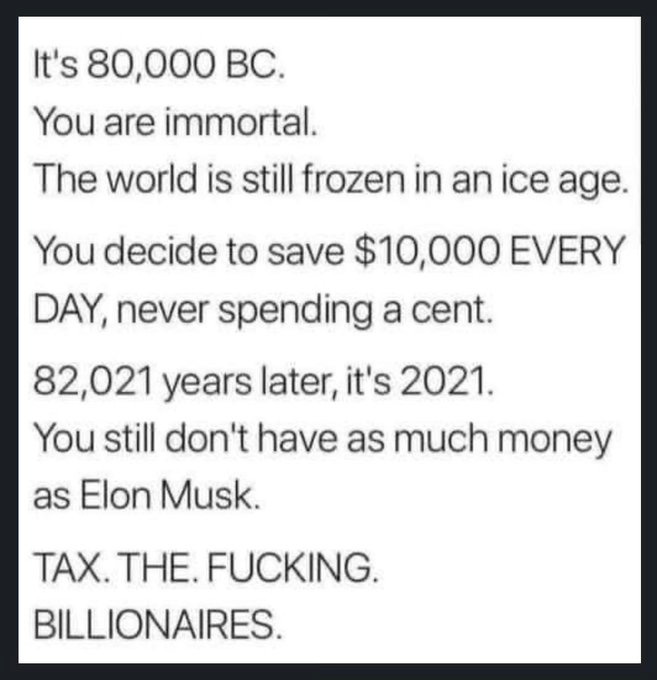Our Past, Israel's Nukes, and Tales of Winners Who Lost
Links for Friday, October 11

Today’s links cover our deep American past, Israel’s nuclear arms, dreams of control, and winners who grabbed defeat. Plus music.
But first, an announcement. A while ago I promised, for paying members, a set of reflections on David Graeber and David Wengrow’s The Dawn of Everything. That’s still coming (stay tuned). In addition I’ve decided to broaden the project to include reflections, with excerpts, on a number of other books.
For example, I’ve almost completed Bill Clinton and James Patterson’s 2018 novel The President Is Missing. Given the fact that Bill Clinton is a former U.S. president, and one with a very specific history, I was struck by the way the book contains … not revelations quite, but, let’s say, passages with surprising implications. If you’re among the millions who’ve not read the book, those passages may amuse you. Other book reflections will follow.
Again, stay tuned for this project. Thoughts on The President Is Missing will come in the next few weeks. I’ll probably add a pulldown — “Book Club” or something — to the top of the main page of this site. Look for it soon.
Links
• Who Are We? Anglo America (UEN Digital Pressbook)
As part of the discussion of this interview:
I brought up David Hackett Fischer’s 1989 book Albion’s Seed. The bulleted link is to an excellent article on who and what our main British colonists were: the Puritan Yankees, Virginia farmers and plantationists, Appalachian fighters and herders, Quakers of Pennsylvania. Each added its colors to the American tapestry.
A sample:
As [author David Hackett] Fischer has pointed out, people everywhere in British America embraced the ideal of liberty (freedom) in one form or another; however, it would be a mistake to think that liberty had the same meaning to New Englanders as it did to Virginians. New Englanders believed in ordered liberty, which meant that liberty belonged not just to an individual but to an entire community. In other words, an individual’s liberties or rights were not absolute but had to be balanced against the public good. […]
The Virginians, in contrast, embraced a form of liberty that Fischer has described as hegemonic or hierarchical liberty. According to Fischer, freedom for the Virginian was conceived as “the power to rule, and not to be overruled by others. … It never occurred to most Virginia gentlemen that liberty belonged to everyone.” Moreover, the higher one’s status, the greater one’s liberties. […]
And:
The Quaker’s view of liberty was different from that of both the Puritans and the Royalists. While the Puritans embraced ordered or bounded liberty for God’s chosen few, and the Royalists embraced a hierarchical view of liberty for the privileged elite (and who saw no contradiction in the keeping of slaves), the Quakers believed in reciprocal liberty, a liberty that they believed should embrace all of humanity. The Quakers were the most egalitarian of the three colonies discussed so far, and they would be among the most outspoken opponents of slavery.
I hope this inspires you to click through. It’s fascinating material.
File under “What we were we will be.”
• “It’s 80,000 BC. You are immortal…” (Twitter)
File under “If you want to control the rich, remove their money.”



